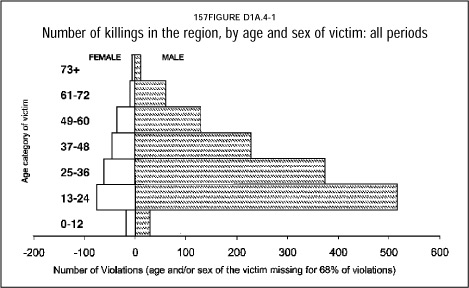

Other causes of abnormal uterine bleeding include those related to pregnancy, such as ectopic pregnancy and miscarriage. Other causes- Endometriosis and other problems related to the endometrium can cause heavy menstrual bleeding. Treatment of this condition can prevent endometrial cancer. It also causes abnormal uterine bleeding. A condition that can lead to endometrial cancer is called endometrial intraepithelial neoplasia (EIN). It usually is diagnosed at an early stage when treatment is most effective. Most cases of endometrial cancer occur in women in their mid-60s who are past menopause. The copper intrauterine device (IUD) can cause heavier menstrual bleeding, especially during the first year of use.Ĭancer-Abnormal uterine bleeding can be an early sign of endometrial cancer.

Some medications, such as blood thinners and aspirin, can cause heavy menstrual bleeding. Medications-Hormonal birth control methods can cause changes in bleeding, including breakthrough bleeding (bleeding at a time other than your period). Other signs include heavy bleeding after childbirth or during surgery, gum bleeding after dental work, easy bruising, and frequent nosebleeds. You may have a bleeding disorder if you have had heavy periods since you first started menstruating. Signs and symptoms may include heavy menstrual bleeding and menstrual pain that worsens with age.īleeding disorders-When a woman’s blood does not clot properly, there can be heavy bleeding. Both can cause irregular or heavy menstrual bleeding.Īdenomyosis-In this condition, the endometrium grows into the wall of the uterus. They can be found inside the uterus or on the cervix. Polyps are another type of noncancerous growth. It also can occur in women with certain medical conditions, such as polycystic ovary syndrome (PCOS) and hypothyroidism.įibroids and polyps-Fibroids are noncancerous growths that form from the muscle tissue of the uterus. This condition can occur during the first few years after you start having periods and during perimenopause. If you do not ovulate for several menstrual cycles, areas of the endometrium (the tissue that lines the uterus) can become too thick. Problems with ovulation-Lack of ovulation can cause irregular, sometimes heavy, menstrual bleeding. Some of the causes of abnormal bleeding include the following:


 0 kommentar(er)
0 kommentar(er)
